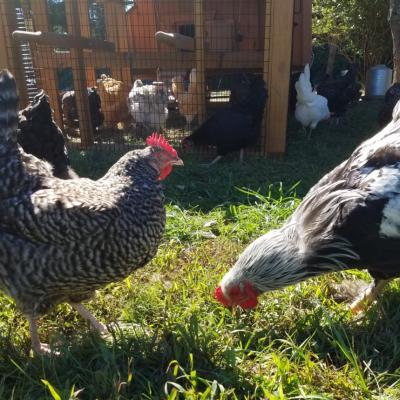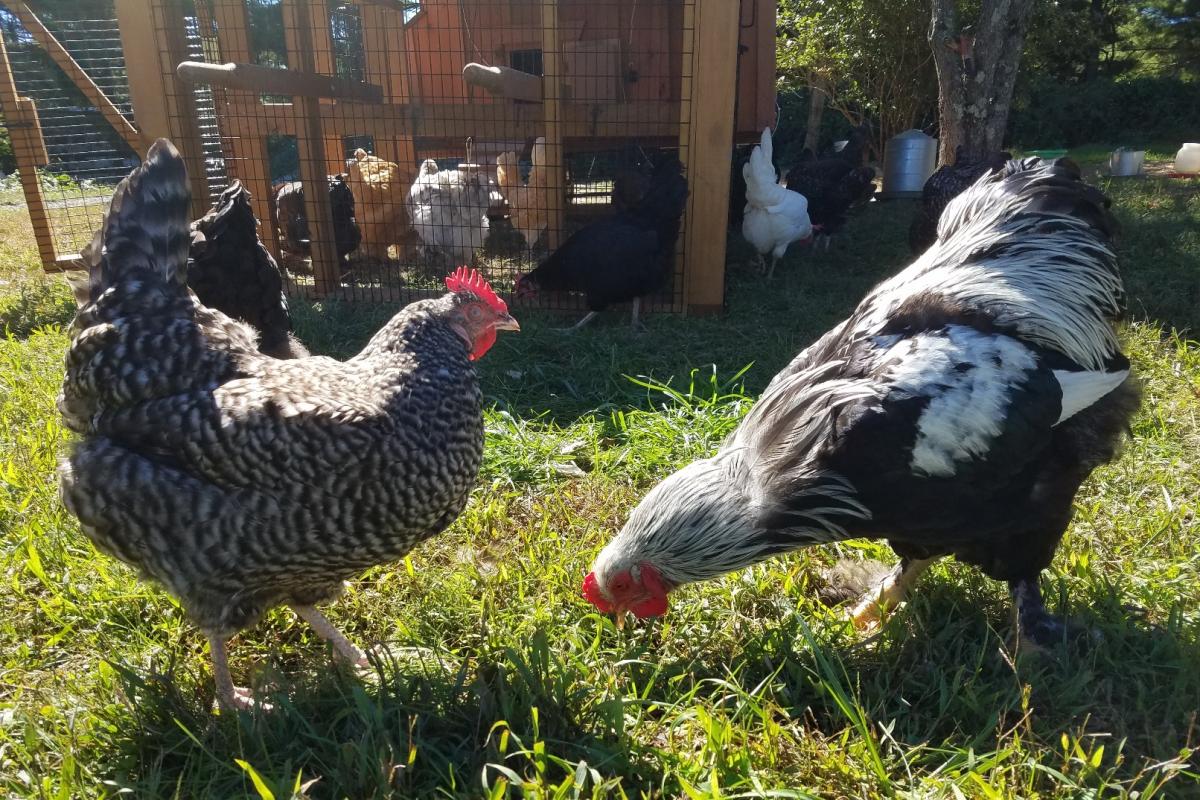The three rules proposed last week address the relationship between small farmers and large processors. The poultry, pork, and beef industries typically include growers that raise various animals, and processors that purchase full-grown animals in order to butcher and package the meat to then be sold to retailers. In recent years, the number of processors has dwindled as the industry has become more concentrated, giving the processors more control over the market.
According to the USDA, “the four largest poultry processors control 51 percent of the broiler market and 57 percent of the turkey market.” Furthermore, “52 percent of growers have only one or two processors in their state or region to whom they can sell”. The lack of competition between processors allows them to exercise market power over growers, who often don’t have other options, by “treating them unfairly, suppressing how much they are paid, or pitting them against each other.”
Thus, the rules are intended to empower farmers and ensure their fair treatment by growers, or in the case of unfair treatment, their right to challenge it in court:
Rule #1 — The “scope” rule protects poultry growers from having to meet an impossibly high standard in order to be compensated when they are treated unfairly. Meaning, when a grower wants to challenge the treatment it received from a processor, this rule makes it clear that the farmer does not need to prove the processor’s action has harmed the entire industry in order to prove that a violation has occurred. Proving this was an impossibly high standard for a small farmer to achieve, thus this rule will give farmers their chance in court.
Rule #2 — This rule clearly outlines specific unfair practices by processors, for which growers can receive compensation. Such practices can include “inaccurate or false weighing of birds, the abuse of arbitration procedures, the abrupt suspension of delivery of birds to a grower or termination of a contract without an opportunity for the farmer to get back into compliance.”
Rule #3 — The third rule reforms the poultry growing system to level the playing field and avoid the processors from aiding some growers over others unfairly. Currently, poultry growers are often paid depending on how their birds turn out, such as bigger and better, in comparison to their grower peers. Unfortunately, despite being raised by the growers, processors usually own the birds, feed, and additional inputs, giving them control over the quality of the grown birds, and affording them the opportunity to unfairly disadvantage some growers over others as a means to silence dissent or force growers to do things against their will.
Ultimately, the rules are intended to provide more balance between the grower and processor relationship, by checking the power that the processors are able to exercise. By moving forward with these rules, the USDA can ensure that farmers and rural Americans actually receive the fair treatment they deserve as crucial producers and contributors to the American economy and food systems that we all rely on.
What do you think about the treatment of farmers by processors? Let us know!
According to the USDA, “the four largest poultry processors control 51 percent of the broiler market and 57 percent of the turkey market.” Furthermore, “52 percent of growers have only one or two processors in their state or region to whom they can sell”. The lack of competition between processors allows them to exercise market power over growers, who often don’t have other options, by “treating them unfairly, suppressing how much they are paid, or pitting them against each other.”
Thus, the rules are intended to empower farmers and ensure their fair treatment by growers, or in the case of unfair treatment, their right to challenge it in court:
Rule #1 — The “scope” rule protects poultry growers from having to meet an impossibly high standard in order to be compensated when they are treated unfairly. Meaning, when a grower wants to challenge the treatment it received from a processor, this rule makes it clear that the farmer does not need to prove the processor’s action has harmed the entire industry in order to prove that a violation has occurred. Proving this was an impossibly high standard for a small farmer to achieve, thus this rule will give farmers their chance in court.
Rule #2 — This rule clearly outlines specific unfair practices by processors, for which growers can receive compensation. Such practices can include “inaccurate or false weighing of birds, the abuse of arbitration procedures, the abrupt suspension of delivery of birds to a grower or termination of a contract without an opportunity for the farmer to get back into compliance.”
Rule #3 — The third rule reforms the poultry growing system to level the playing field and avoid the processors from aiding some growers over others unfairly. Currently, poultry growers are often paid depending on how their birds turn out, such as bigger and better, in comparison to their grower peers. Unfortunately, despite being raised by the growers, processors usually own the birds, feed, and additional inputs, giving them control over the quality of the grown birds, and affording them the opportunity to unfairly disadvantage some growers over others as a means to silence dissent or force growers to do things against their will.
Ultimately, the rules are intended to provide more balance between the grower and processor relationship, by checking the power that the processors are able to exercise. By moving forward with these rules, the USDA can ensure that farmers and rural Americans actually receive the fair treatment they deserve as crucial producers and contributors to the American economy and food systems that we all rely on.
What do you think about the treatment of farmers by processors? Let us know!






